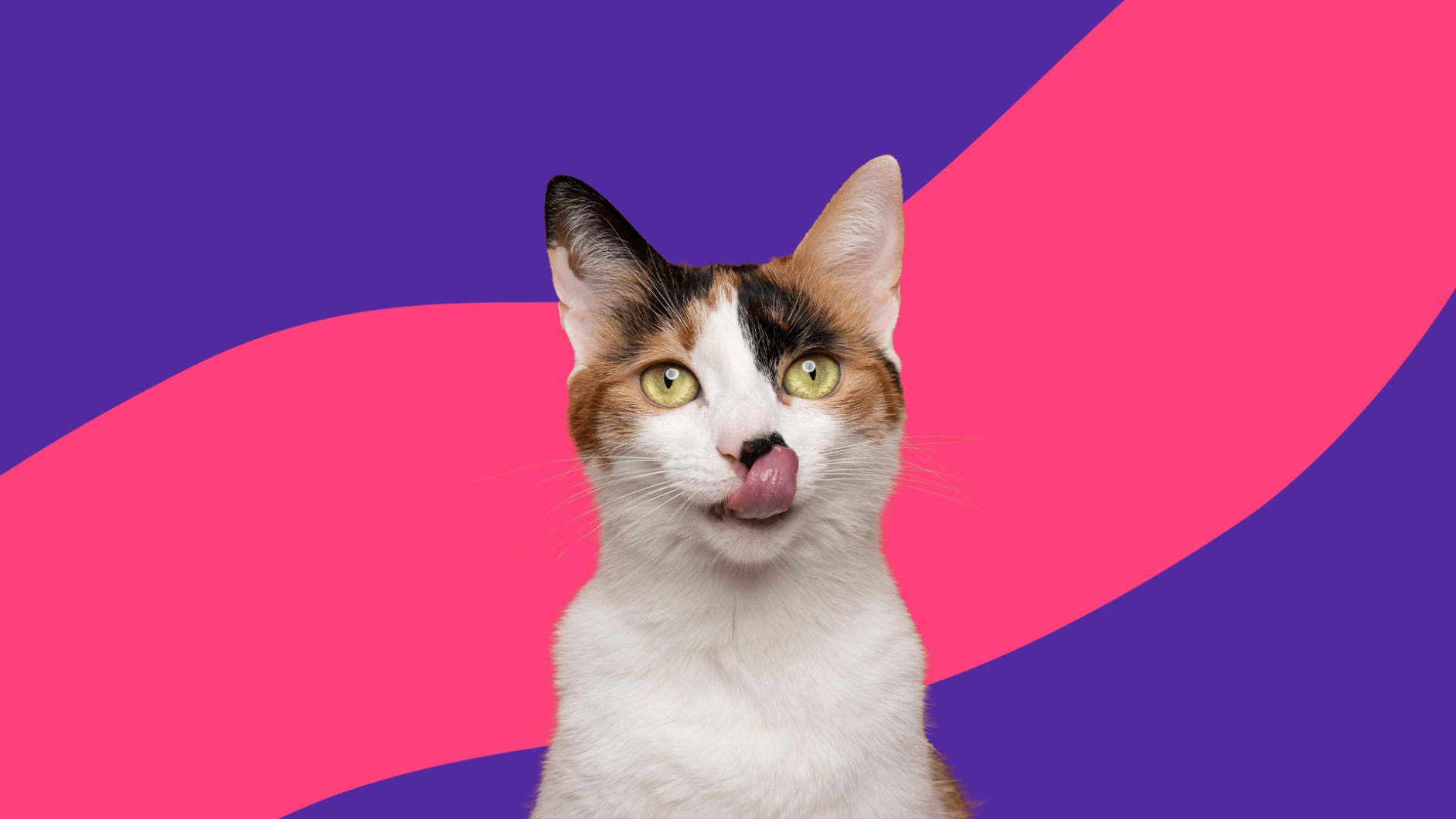Key takeaways
Famotidine is used in cats to treat gastrointestinal issues such as vomiting, diarrhea, GI ulcers, and esophageal reflux by decreasing gastric acid production.
It should only be administered under the guidance of a veterinarian, with the usual dosage for a cat being 5 mg once or twice a day.
Side effects of famotidine in cats are rare and may include vomiting, diarrhea, lethargy, dizziness, and decreased heart rate.
Famotidine should not be given with certain medications like cephalosporin antibiotics and antifungals due to potential interactions, and a vet should be consulted for advice on combining medications.
Upset stomachs are one of the most unpleasant symptoms one can experience. Humans will do almost anything to avoid the feeling of nausea, heartburn, or “sour stomach.” A pet with an upset tummy is also a sad sight to behold. As a pet owner, you want to avoid having your pet suffer at all, and also want to keep them from vomiting or having diarrhea—which can be dangerous if uncontrolled, not to mention messy and potentially harmful to your carpets.
One drug sometimes used to help cats manage GI issues is famotidine. However, this drug commonly used for humans has some limitations when used on our feline companions.
What is famotidine used for?
In humans, famotidine treats and prevents stomach ulcers. It also treats the common condition gastroesophageal reflux disease (GERD), which is a persistent heartburn, often with other symptoms like hoarse voice or stomachaches. It is also used to treat a rare condition called Zollinger-Ellison syndrome, which is when too much peptic acid can build up and lead to ulcers. The brand name of famotidine is Pepcid, and it can be purchased over the counter.
According to Debra Eldredge, DVM, a veterinarian at Cat World & author of the best-selling Cat Owner’s Home Veterinary Handbook, if nausea is your cat’s only symptom, famotidine may not be your best option
Famotidine may be helpful in treating conditions that cause increased stomach acid or irritation to the stomach lining. For example, “famotidine can be given to cats who have GI issues such as vomiting and diarrhea,” says Sara Ochoa, DVM, a veterinarian at Cat World. “This medication decreases the gastric acid production in your cat’s stomach. This will allow their stomach to remain calm while trying to heal.”
Dr. Ochoa says some specific conditions famotidine is used for include GI ulcers, esophageal reflux, and stress/drug-induced gastritis. While it is not specifically an antiemetic—meaning it won’t stop your cat from vomiting, it can help decrease acid production.
Dr. Eldredge says it can help a cat experiencing a lack of appetite by reducing the acid that is causing a feeling of nausea. Getting your cat to eat is often a key step in helping them feel strong enough to heal and feel better overall.
RELATED: Do cats get car sick?
Famotidine dosage for cats
Famotidine is not specifically formulated for use in cats and is prescribed off-label. Because of this, you should only use famotidine under the guidance of your veterinarian.
Dosage will vary based on a variety of factors including the overall health of your pet, other health conditions, other medications, and additional factors. However, the usual dosage for a cat is 5 mg of famotidine once or twice a day.
Since the medication is often sold as a pill, giving your pet half of a 10 mg pill is the most common delivery method. If you are told to use the OTC human version, be very sure to read the label.
“When purchasing famotidine, make sure it is the plain form and does not have other medications or drugs combined with it,” Dr. Eldredge says. Veterinarians or hospitals may also give your pet an injectable version of the drug.
Side effects of famotidine in cats
Famotidine is a very safe drug and has some rare, often mild side effects. These include:
- Vomiting
- Diarrhea
- Lethargy
- Dizziness
- Decreased heart rate
If you are concerned by your pet’s behavior or if they seem to be acting very out of the ordinary, call your vet. Extreme lethargy or dizziness is not a normal reaction and may require additional medical attention.
Interactions
As with adding any medication, make sure to give your pet’s full health history, including a list of other medications and supplements they are taking. There are some interactions with famotidine.
“It is best to avoid giving cephalosporin antibiotics for two hours pre- or post-medication,” Dr. Ochoa says. “Antifungals should also not be given with one hour of famotidine.” Depending on the severity of your pet’s other health conditions, your vet may have you continue giving these medications. Your vet will be the best person to advise on this, so make sure to have them make the call.
Prevention
You may want to try to prevent stomach acid in your cat. Follow the advice of your vet, but a low-fat, low-protein diet may help to keep the acid production down. If your pet continues to have issues with acid reflux, nausea, or other GI symptoms, follow up with your vet. They may want to do an esophagoscopy or other exam to try to figure out how best to help your pet.
It’s possible your pet is experiencing GI issues that have nothing to do with acid. If this is the case, your vet may recommend a different course of treatment. It’s always best to seek professional advice when it comes to helping out your pets since they cannot tell you exactly what it is that is bothering them.




